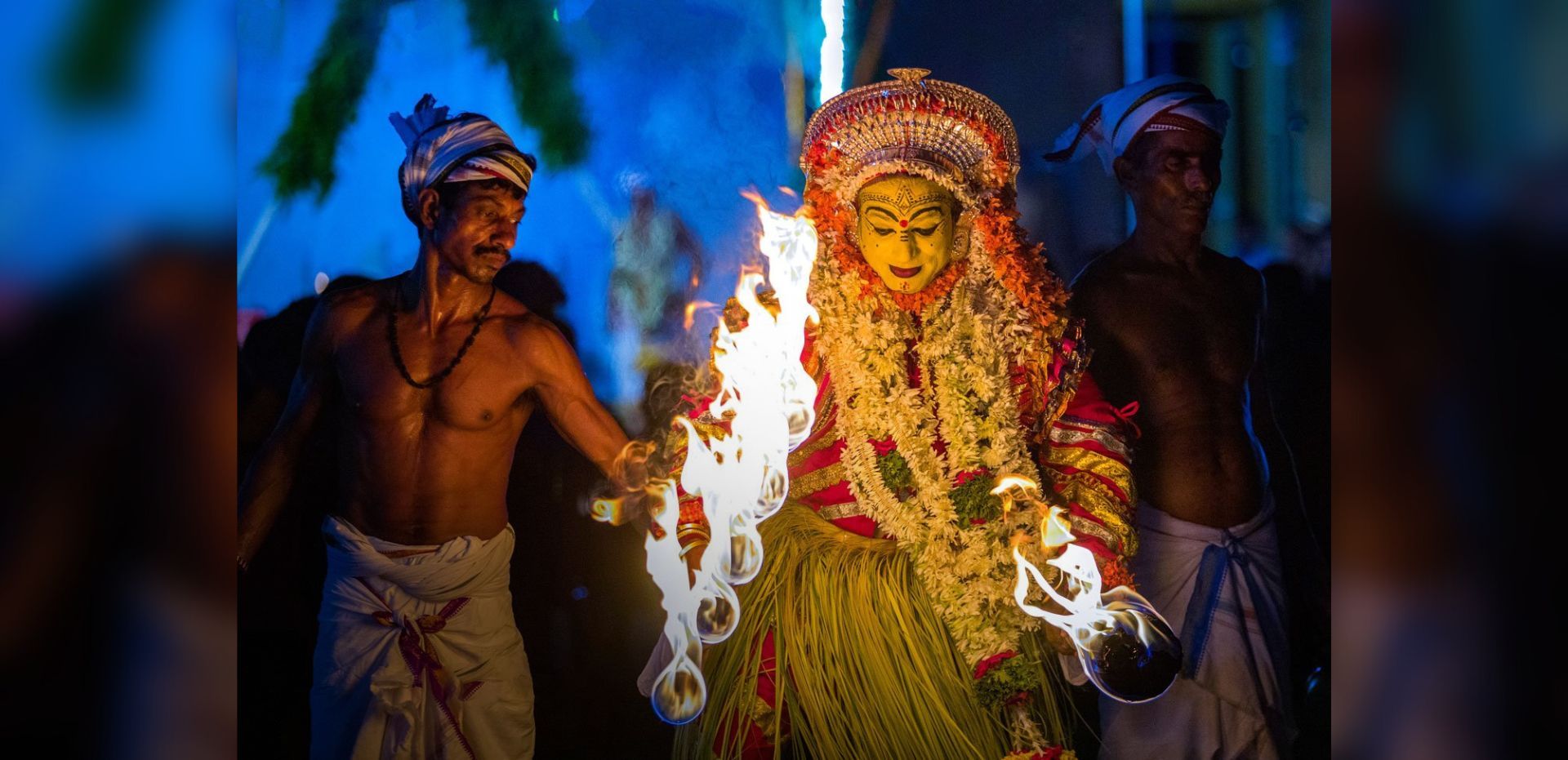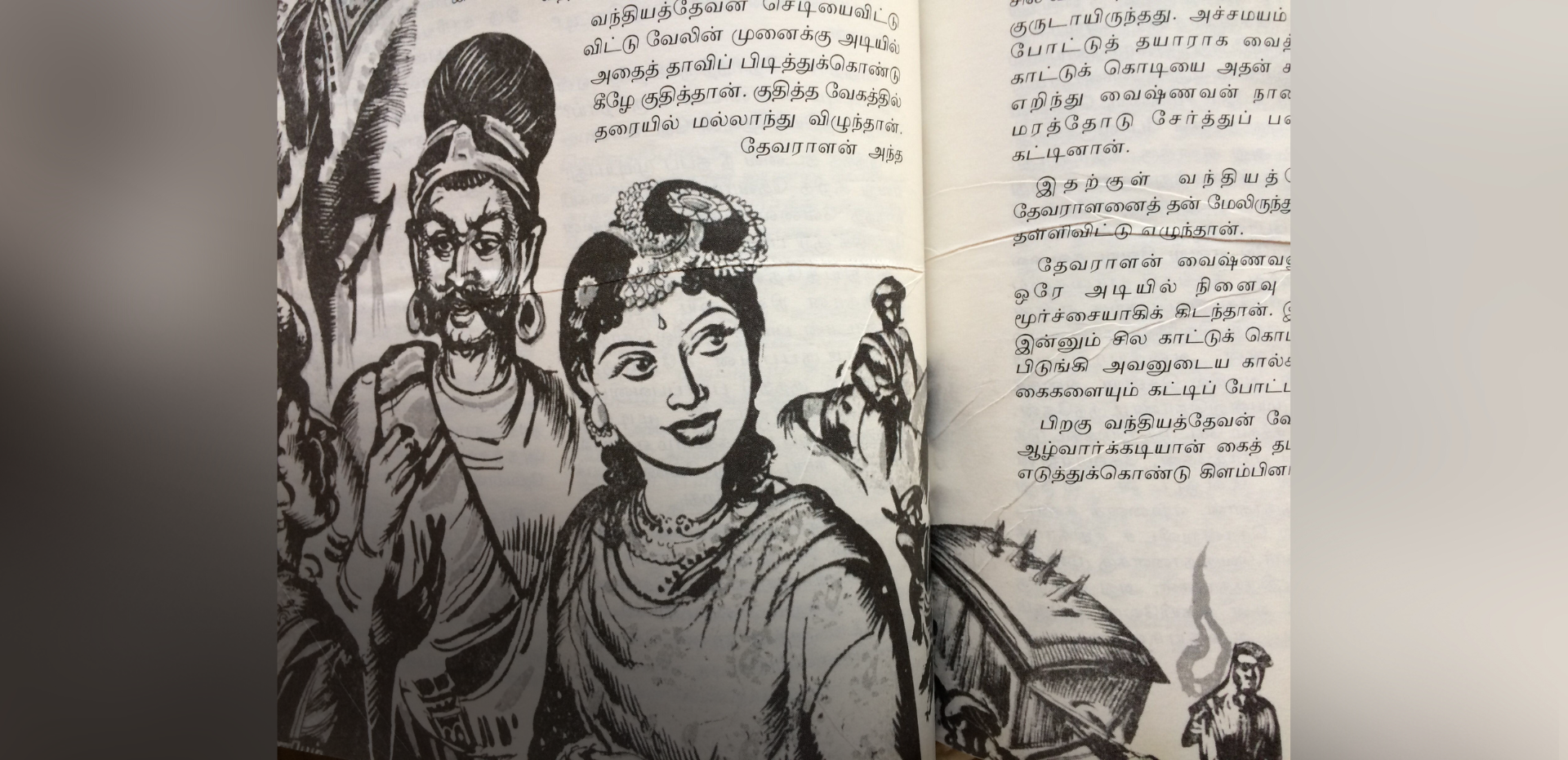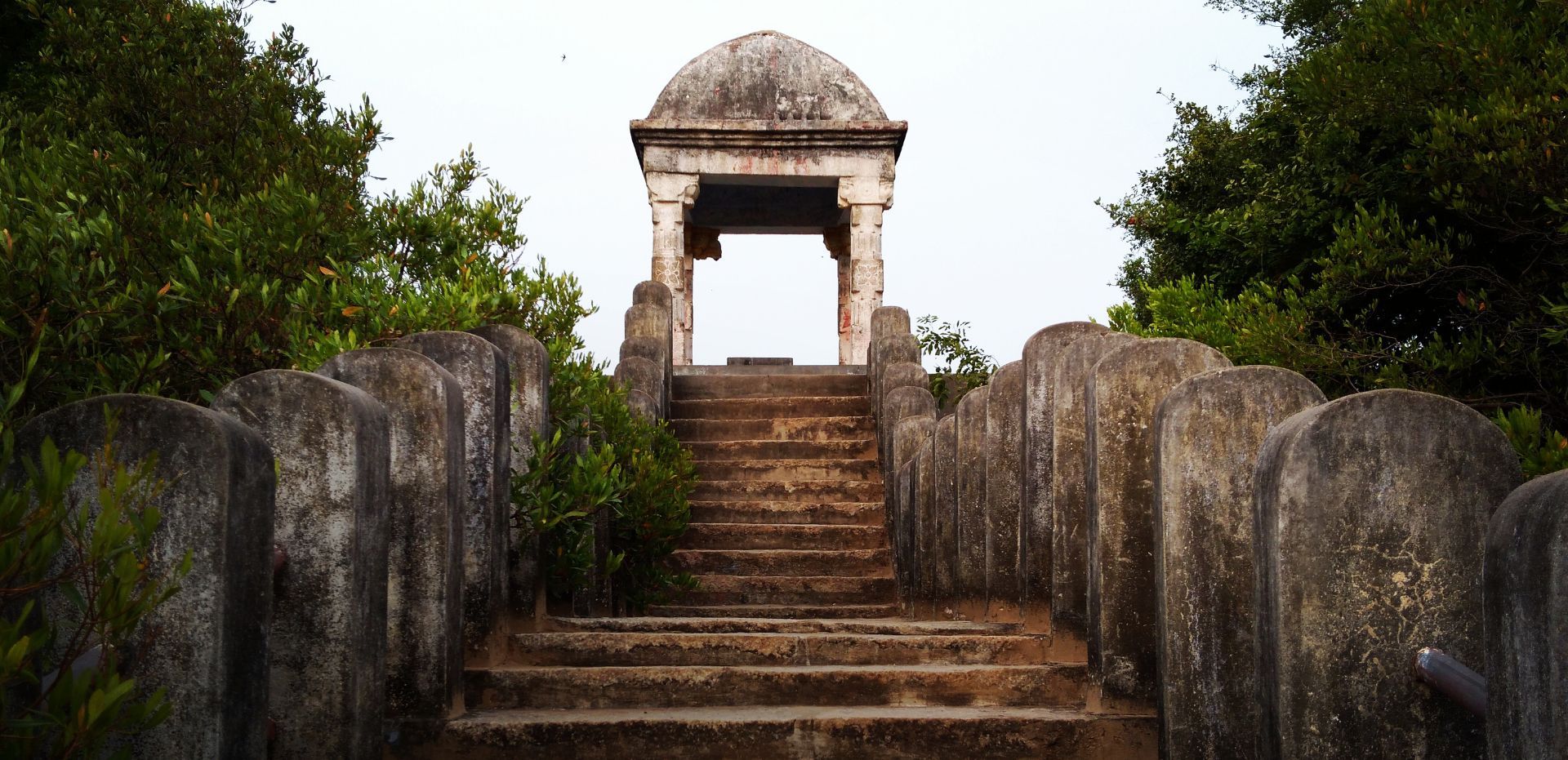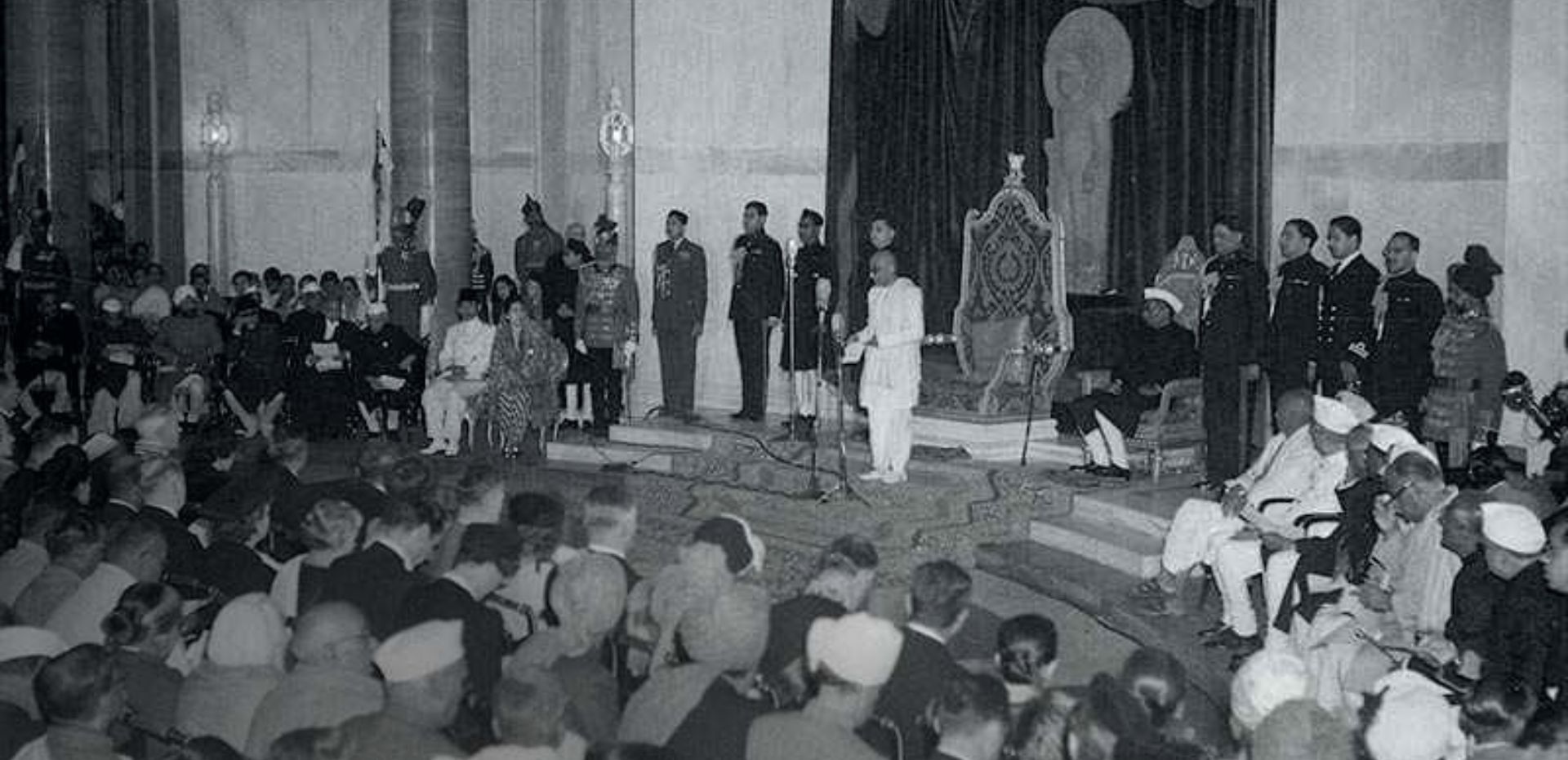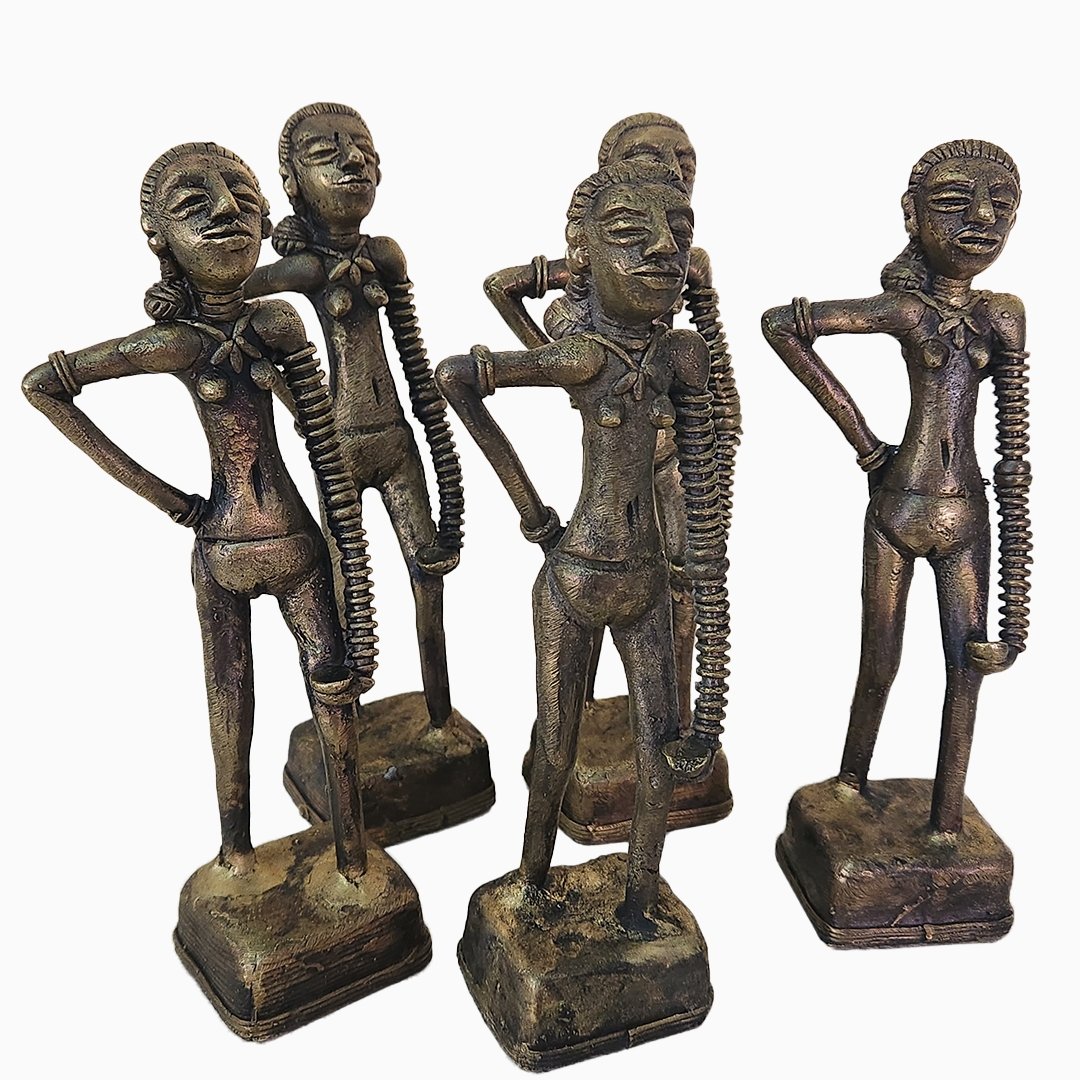Lingayats - The Legacy of Basava
BOOKMARK
In politics, timing is everything. Months ahead of the Karnataka state elections, political parties are divided on whether the powerful Lingayats, who constitute 17% of the state’s population should be given the status of a minority religion. In the hope of winning favours, the ruling Congress government in the state has said yes while others in the opposition are asking, ‘But aren't they Hindus?’
The answer is complex and to understand it you have to trace the history of the Lingayats. It all started with Basava a visionary reformer who didn't just question orthodoxy but also set in place a creed of personal faith that championed equality and openness , long before it became fashionable to, anywhere in the world. He did this over 850 years ago.
Basava was born to a Brahmin couple, in 1131 CE at Bagevadi village in the present day district of Bijapur in Karnataka. Popular far and wide, a fairly detailed account of his life and times comes from the many texts written between 13th to 17th centuries like the Basava Purana (13th century), Mala Basava-raja-charitre (14th century) and Vrishabhendra Vijaya (17th century) . According to these works, Basava left his parent’s home while still in his early teens, because he was against the orthodoxy and rituals they followed. He settled to study and meditate, around 60 kms away, in Kudala Sangama before moving to Mangalwedha, in the present day Solapur district of Maharashtra. This was then the capital of Bijjala, the local Kalachuri chieftain.
Basava’s maternal uncle Baladeva served as the prime minister to King Bijjala. He welcomed his nephew and got him married to his daughter, Neelambike. Soon, Basava, who w ...








